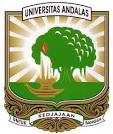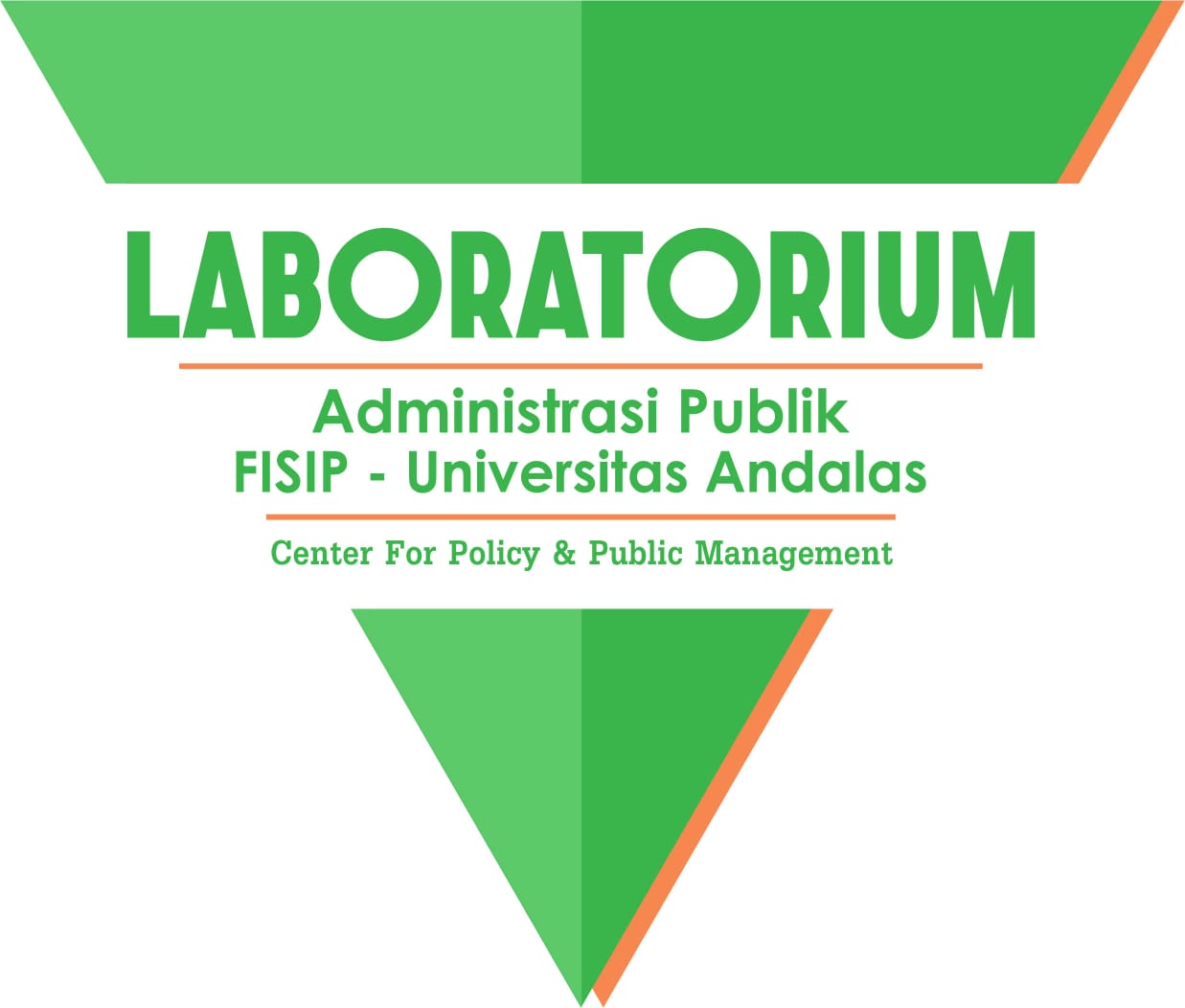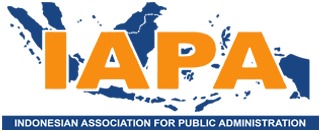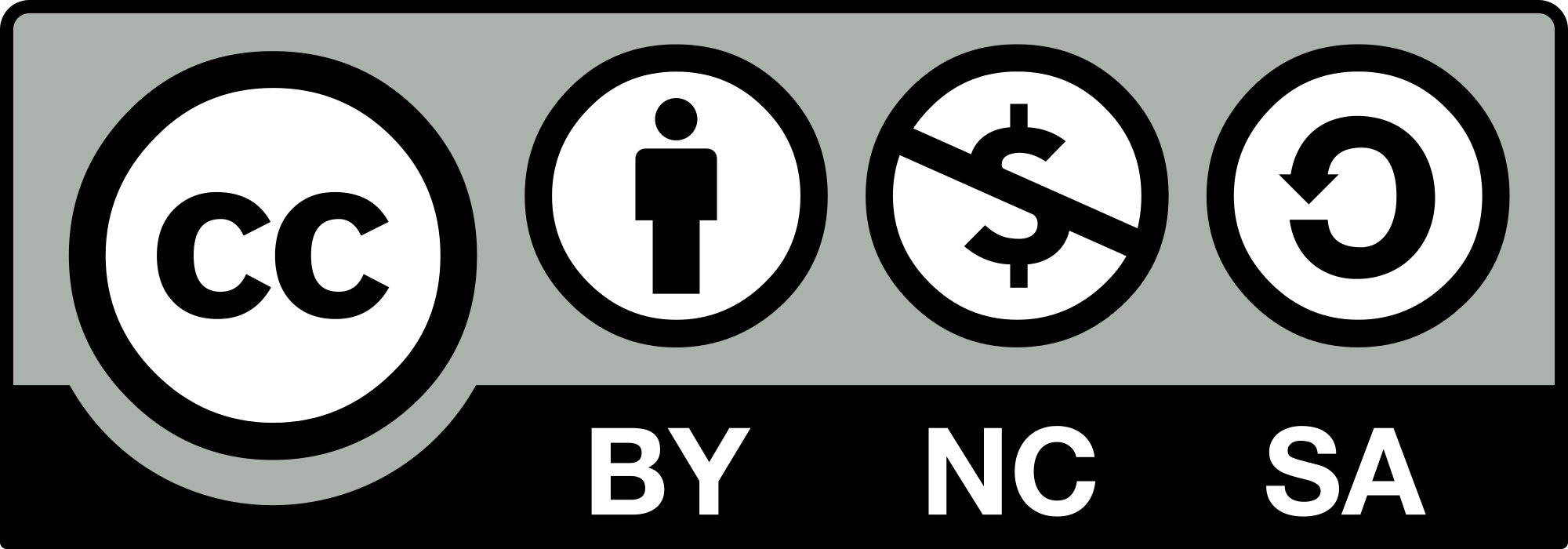Publication Ethics
All parties involved in the process of publishing / publicizing JAKP (Jurnal Administrasi dan Kebijakan Publik), Journal Managers, Editors, Sustainable Partners, and Authors must understand and comply with the norms / ethics of scientific publications. This statement refers to the Regulation of Head of LIPI No. 5 of 2014 concerning the Code of Ethics for Scientific Publication. Scientific works for publication, basically must uphold the three ethical values in publication, namely; (i) Neutrality, which is free from conflicts of interest in the management of publications; (ii) Justice, which gives authorship rights to those who are entitled as authors / authorship; and (iii) Honesty, which is free from Duplication, Fabrication, Forgery, and Plagiarism (DF2P) in publications. The rules on this page are also in accordance with the COPE's Best Practice Guidelines for Journal Editors.
Ethical Guidelines for Journal Publication
Publication of articles in the Journal of JAKP (Jurnal Administrasi dan Kebijakan Publik) must go through a Peer-Review process that is important for the development of a coherent and respectable network of knowledge. This is a form of recognition of the quality of the author's articles and the institutions behind them. Peer-review of articles is a form of implementation and embodiment of the scientific method. Therefore it is important to agree on the expected ethical behavior standards for all parties involved in publishing actions: Authors, Journal Editors, Peers-Reviewer, Publishers and Communities.
The Laboratory of Public Administration as a publisher of JAKP (Jurnal Administrasi dan Kebijakan Publik) understands its duties as the person in charge in each process, both in terms of ethics and other responsibilities. We are committed to ensuring that advertising, reprints or other commercial revenues will not have an impact or affect editorial decisions. In addition, the Laboratory of Public Administration and Editor's Board will assist in communication with other journals / other publishers if needed.
- Duplication is the publication of findings as original on more than one channel without refinement, updating content, data, and / or no references to previous publications;
- Fabrication is the act of making data from non-existent as if there were (forgery of research results) that compiles, records and / or announces research results without proving that the research process has been carried out;
- Counterfeiting is to change the data with the intention to be in accordance with the wishes of the researcher (forgery of research data) that is manipulating research material, tools or processes, changing or excluding data or results in such a way that research is not presented accurately in research.
- Plagiarism is categorized as an abuse of ideas, thoughts, processes, objects and research results, both in the form of data or words, including material obtained through limited (confidential) research, proposed research plan, and manuscript without expressing appreciation.
Duties and Responsibilities of the Editor Team
- Fairness: The editor in evaluating the manuscript must be based on the intellectual content of the article itself, regardless of race, gender, sexual orientation, religious beliefs, ethnic origin, nationality, or political view of the authos.
- Confidentiality: The editor and every editorial staff do not be allowed to reveal any information about the manuscript that has been sent to anyone other than the Author, Reviewer, Prospective Reviewer, other Editor, and Publisher.
- Disclosure and Conflict of Interest: Unpublished material disclosed in the submitted text may not be used in the editor's own research without the written consent of the author.
- Decision for Publication: The editor of JAKP (Jurnal Administrasi dan Kebijakan Publik) is responsible for deciding which articles should be published from articles that have been sent. The validity of articles and benefits for researchers and readers must be used as a determining factor in every decision making. The editors will base their policies on the editorial board of the journal and generally applicable legal rules such as defamation, copyright infringement, and plagiarism. The editors can negotiate with other editors or peer reviewers in making these decisions.
- Manuscript Assessment: The editor must ensure that each manuscript is initially evaluated by the editor for originality. The editors must arrange and use peer reviews fairly and wisely. The editor must explain their peer review process in the information for the author and also indicate which part of the manuscript the colleague has reviewed. The editors must use appropriate peer reviewers for papers considered for publication by selecting people with sufficient expertise and avoiding those who have conflicts of interest.
Duties and Responsibilities of Reviewer
- Contributions to Editorial Decisions: The reviewers assist the editors in making editorial decisions, and through editorial communication with the authors, the reviewers can also help the authors improve the quality of the articles in question.
- Punctuality; Every reviewer who is appointed and feels that he does not meet the qualifications needed to review a particular article or knows that his review will not be completed in time must notify the editor and withdraw from the article review process.
- Standard of Objectivity; Review must be done objectively. Personal criticism of the author is unethical. The reviewers must express their views clearly and be supported by good arguments, unless permitted by the editor
- Confidentiality; Every manuscript received for review must be treated as a confidential document. Manuscripts may not be displayed or discussed with others unless permitted by the editor.
- Recognition of Reference Resources; The reviewer must identify relevant works that have been published and have not been quoted by the author. The statement of observation, derivation, or argument that has been examined previously must be accompanied by relevant quotes. The reviewers must also notify the editor if there are substantial similarities or overlaps between the considered's manuscripts and every of the other people's papers they knew before.
- Confidentiality and Conflict of Interest; Confidential information or ideas obtained through Peer-Review must be kept confidential and not used for personal gain. The reviewers are not permitted to review manuscripts where they have a conflict of interest due to competitive, collaborative, relationships, or connections with one of the authors, companies, or institutions connected with the article reviewed
Duties and Responsibilities of the Author
- Standard of Writing: The authors must present accurate reports of the research conducted, and the following objectives and benefits of the research. The basic data must be presented accurately in the sent article. Manuscript must contain sufficient details and references to allow others to replicate / continue the research. The act of fraud or intentional inaccuracy in presenting data and references is unethical and unacceptable behavior.
- Data Access and Retention: The authors are asked to provide raw data in connection with the article for editorial, and must be prepared to provide public access to the data (consistent with the ALPSP-STM Statement on Data and Database), if possible. The authors are required to store the data within a reasonable time after publication under any circumstances.
- Originality and Plagiarism: The authors must ensure that they have written a manuscript that is entirely original or self-written, and if the author has used the work and / or words of others must ensure that it has been quoted appropriately.
- Article Submission more than One Journal(Multiple, Redundant, or Simultaneous Publication): An author is not permitted to publish the same research manuscript in more than one journal or main publication. Sending the same manuscript to more than one journal simultaneously is unethical and unacceptable publishing behavior.
- Source Recognition: Appropriate recognition of the work of others must always be given. The authors must quote publications that have been influential in writing his scientific work.
- The mention of the Author: The mention of the author must be limited to people who have made significant contributions to the conception, design, implementation, or interpretation of the research submitted. All people who have made significant contributions must be registered as co-authors. If there are other people who have participated in certain substantive aspects of the research project, they must be recognized or registered as contributors. The author must ensure that the articles listed are all co-authors according and there are no co-authors who should not, and that all co-authors have seen and agreed to the final version of the article sent and have agreed to submit for publication.
- Disclosure and Conflict of Interest: All authors must disclose in their text, any substantive conflicts related to financial sources or interests of third parties, which may affect the objectivity of the article sent. All sources of financial support for the project / research in the article sent must be disclosed.
- Basic errors in published works: When the author finds significant errors or inaccuracies in self-published works, it is the duty of the author to immediately notify the journal editor or publisher and coorperate with the editor to recall or correct the article.
- Risks and Subjects for Humans or Animals: If in the process it involves chemicals, procedures or equipment that have unusual hazards inherent in their use, the author must clearly identify those hazards in the text.









